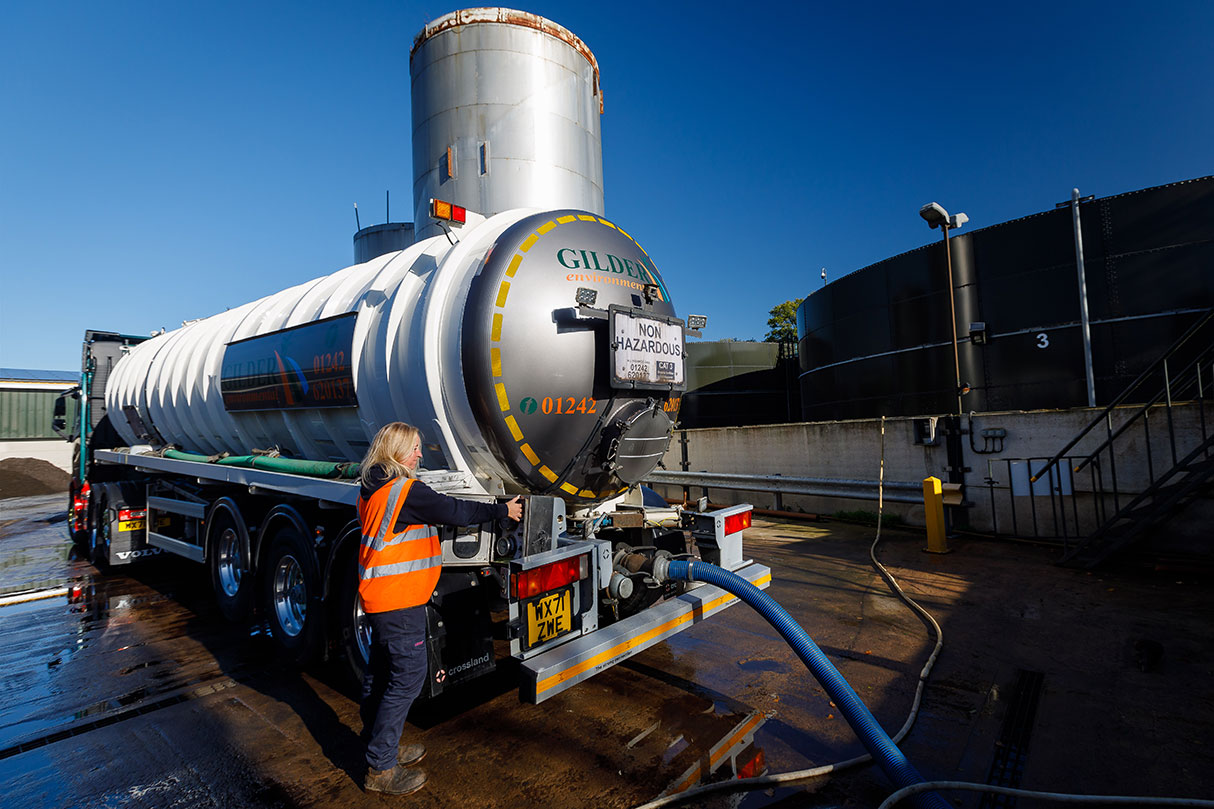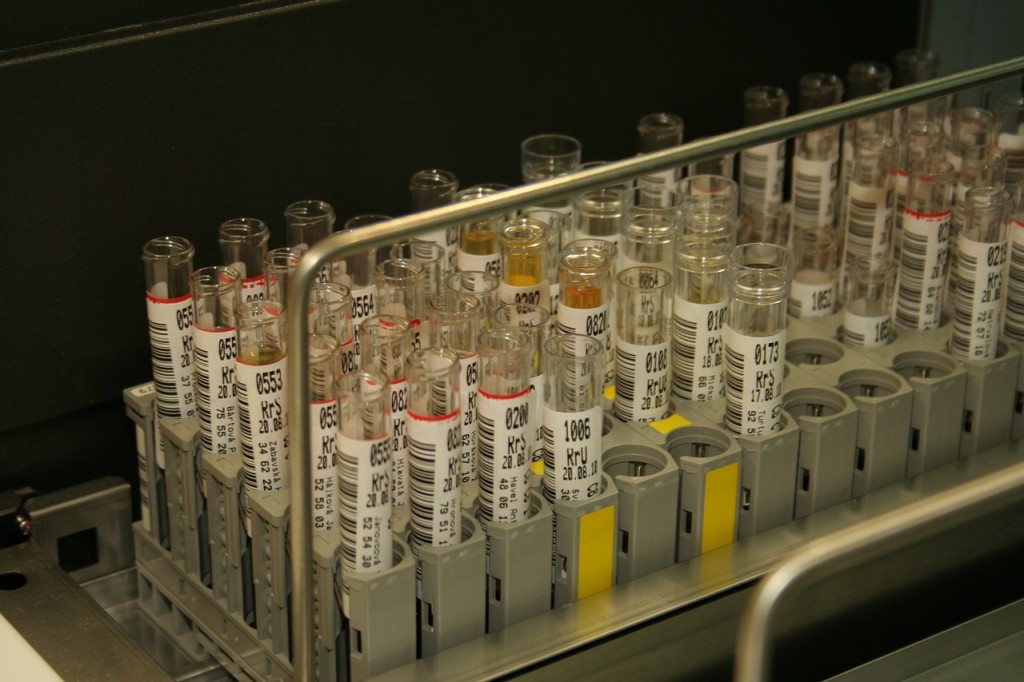Leading Industrial Wastewater Treatment Solutions: Making Sure Conformity and Performance
Leading Industrial Wastewater Treatment Solutions: Making Sure Conformity and Performance
Blog Article
Comprehending the Comprehensive Refine of Fluid Waste Disposal: Finest Practices and Environmental Influence Factors To Consider
The management of fluid waste disposal is a complex concern that calls for a comprehensive understanding of different finest techniques and their connected environmental impacts. From the kinds of liquid waste generated to the approaches utilized for collection, treatment, and last disposal, each action plays a vital duty in safeguarding environments and public wellness.
Types of Liquid Waste
Recognizing the various types of fluid waste is necessary for efficient monitoring and disposal techniques. Liquid waste can be broadly categorized into several kinds, each needing special handling and therapy techniques.
Industrial fluid waste usually consists of unsafe products, including heavy metals, solvents, and chemicals, generated throughout producing procedures. These wastes require stringent regulative compliance to protect human wellness and the environment. Residential liquid waste largely refers to wastewater produced from homes, consisting of sewer and greywater, which, although much less hazardous, can still position substantial threats if incorrectly managed.
Agricultural liquid waste, consisting of runoff from ranches, usually has plant foods and chemicals that can bring about ecological deterioration otherwise dealt with appropriately. Clinical liquid waste, produced from medical care facilities, consists of contaminated fluids such as physical liquids and chemicals, requiring specialized disposal methods to stop infection and ecological contamination.
Lastly, oil and grease waste, commonly created by restaurants and automotive markets, can trigger severe obstructions in sewer systems otherwise taken care of appropriately. Comprehending these classifications facilitates targeted strategies for therapy, conformity with policies, and efficient disposal methods, inevitably promoting ecological sustainability and public health and wellness safety.

Collection Techniques
Reliable collection approaches are crucial for the proper management of fluid waste, guaranteeing that it is gathered securely and effectively prior to treatment or disposal. Various strategies are employed relying on the sort of fluid waste generated, the volume, and the certain qualities of the waste.
One common approach is the use of specialized collection tanks or sumps, which are developed to capture liquid waste at the resource. These systems typically incorporate pumps that facilitate the transfer of waste to larger storage containers or treatment centers. Furthermore, mobile collection systems outfitted with vacuum cleaner innovation are used in circumstances where waste is created intermittently or in hard-to-reach locations.
For commercial settings, closed-loop systems can effectively lessen leaks and spills, permitting the recuperation and reuse of liquid waste. It is likewise necessary to train workers on appropriate collection procedures to alleviate risks associated with harmful substances.
Furthermore, executing regular upkeep timetables for collection equipment makes certain ideal efficiency and security. The integration of sophisticated monitoring systems can enhance collection efficiency by supplying real-time information on waste levels and prospective risks. Generally, effective collection approaches are foundational to sustainable fluid waste management practices.
Treatment Procedures
Treatment procedures play a crucial function in the administration of fluid waste, transforming potentially unsafe materials into multiple-use resources or secure effluents - liquid waste disposal. These procedures can be generally categorized into physical, chemical, and biological approaches, each tailored to deal with certain impurities existing in the waste stream
Physical treatment methods, such as sedimentation and filtering, work by eliminating suspended solids and particle issue. These strategies are often the very first step in the therapy chain, properly reducing the tons on succeeding procedures. Chemical therapies entail using reagents to reduce the effects of damaging compounds, speed here up heavy metals, or oxidize natural toxins, therefore boosting the security of the effluent.
Biological therapy procedures, consisting of triggered sludge systems and anaerobic digestion, profit from the natural abilities of bacteria to degrade raw material. These techniques are specifically reliable for wastewater including naturally degradable toxins. Advanced therapy technologies, such as membrane purification and advanced oxidation processes, are progressively used to achieve greater check this levels of purification.
Integrating a mix of these therapy techniques not just ensures compliance with regulative requirements yet also promotes ecological sustainability by recouping important sources from fluid waste.
Disposal Options
How can organizations ensure the responsible and risk-free disposal of liquid waste? Reliable disposal options are crucial for safeguarding public health and wellness and the setting. The key methods include land incineration, disposal, and therapy complied with by discharge into local wastewater systems.
Land disposal entails the mindful control of fluid waste in assigned land fills, ensuring that it does not leach right into bordering soil or water. Incineration, on the various other hand, topics liquid waste to heats, transforming it into ash and gases, which call for correct purification to decrease emissions. This method appropriates for unsafe wastes that can not be dealt with with typical methods.
In situations where liquid waste can be treated, organizations may go with organic or chemical therapy procedures to counteract hazardous components prior to releasing the dealt with effluent into municipal systems. This course commonly lines up with regulatory requirements, making certain that the effluent satisfies security requirements.
Ultimately, companies need to carry out detailed assessments of each disposal choice to establish its feasibility, taking into consideration factors such as waste structure, governing compliance, and potential dangers to health and the setting. By selecting appropriate disposal approaches, companies can contribute to an accountable waste management approach.
Environmental Influence
The environmental effect of fluid garbage disposal is a critical factor to consider for organizations seeking to reduce their eco-friendly footprint. Incorrect disposal methods can lead to considerable contamination of water resources, soil deterioration, and damaging impacts on neighborhood environments. As an example, hazardous liquids can leach right into groundwater, posing threats to drinking water products and marine life. Additionally, the discharge of untreated or improperly treated waste into surface waters can lead to eutrophication, leading to oxygen exhaustion and the subsequent fatality of fish and other organisms.

To alleviate these influences, organizations have to take on finest methods such as implementing strenuous waste treatment procedures, promoting recycling and reuse, and adhering to regulative requirements. By taking a positive approach to fluid waste monitoring, entities can dramatically minimize their environmental impact while supporting lasting growth objectives. Inevitably, a thorough understanding of the ecological impacts connected with liquid garbage disposal is necessary for educated decision-making and liable stewardship of natural deposits.
Final Thought
Effective administration of fluid waste is vital for guarding ecological honesty and public health and wellness. By embracing finest methods in disposal, treatment, and collection, together with adherence to regulative standards, the potential for damaging contamination of communities can be substantially lowered. Continuous developments in technology and processes add to lasting waste management efforts. Ultimately, a comprehensive understanding of fluid garbage disposal not just minimizes ecological influences however likewise cultivates a commitment to accountable source administration and environmental stewardship.
The monitoring of liquid waste disposal is a diverse concern that calls for a thorough understanding of various ideal practices and their linked ecological influences. From the types of liquid waste generated to the methods employed for collection, therapy, and last disposal, each action plays a crucial duty in protecting environments and public health.The ecological effect of fluid waste disposal is a critical consideration for organizations seeking to reduce their environmental footprint. Inevitably, an extensive understanding of the environmental effects linked with fluid waste disposal is essential for educated decision-making and liable stewardship of natural sources.
Inevitably, an extensive understanding of fluid waste disposal not just minimizes environmental impacts but additionally promotes a commitment to liable resource administration and environmental stewardship.
Report this page